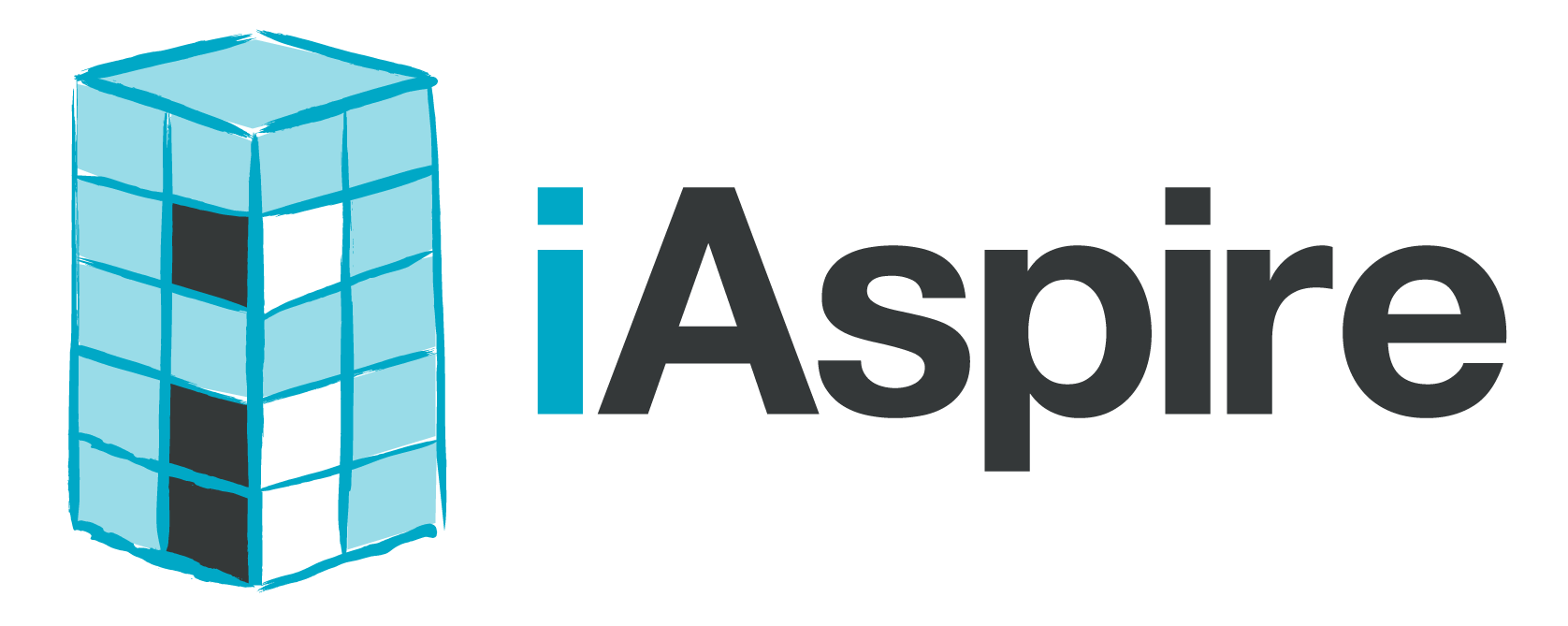The 5 requirements for effective coaching
Coaching is becoming the preferred type of professional development for many school systems. In a rapidly changing world coaching is no longer just a luxury for the select few, but a resource every teacher and administrator deserves to have. A coach will encourage, train, and challenge educators to effectively respond to the latest demands of our culture and the next generation of students.
Perhaps you’ve experienced some coaching yourself or had it offered at your school? Unfortunately, not all coaching is the same. Many of the current approaches aren’t that effective. For coaching to be successful it must meet these five requirements:
“Effective coaching should result in measured, actionable, insights that can be reported at the school and district level.”
INSTRUCTIONAL COACHING MUST CONNECT WITH THE TEACHER’S MOTIVATION
teachers will engage with the professional development you offer for their own reasons, not yours. We’ve all experienced someone that doesn’t really understand our situation pushing some new training, methodology, or requirement on us. Instead of this generic one size fits all approach, effective coaching must understand and adapt to the personal goals and motivations of the teacher.
INSTRUCTIONAL COACHING MUST BE IN-CONTEXT
It’s happened to all of us… you go to a conference and get really motivated about something you learned. You rush back to school to implement the new idea and realize that in your school’s culture and student demographic, the idea doesn’t work. You’re disheartened, discouraged, and frustrated. You return to what you’ve always done and the time spent at the conference seems like a waste. Effective coaching is adaptive based on the context of your school, your current level of performance, and the opportunities and challenges you are facing.
INSTRUCTIONAL COACHING MUST BE CONSISTENT OVER TIME
In a culture of quick fixes and instant progress, we desire coaching to provide immediate results. Many approaches to coaching are intense for the short period of time when you’re with your coach, and then they quickly fade. Coaching sessions are spaced far apart and little attention is given to the time between sessions. Effective coaching is a barbecue, not a microwave; it’s delivered in byte-size chunks consistently over time because it realizes that meaningful, long term change happens slowly.
INSTRUCTIONAL COACHING MUST BE RESEARCH & DATA BASED
Have you ever kept the fact that you’re an educator a secret at a dinner party or family gathering? It seems like everyone has an opinion on what needs to change in our education system and how you can do your job better. There’s countless blogs, podcasts, and articles filled with opinions on how you can teach more effectively. Effective coaching is based on the latest research and adapts to your school’s unique performance data.
INSTRUCTIONAL COACHING MUST BE MEASURABLE
A typical school will spend $5k on each of its teachers for professional development, and each of those teachers will also spend 68-89 hours of their own time on these activities. When asked what the development activities result in, the best most administrators can do is point to student testing scores and a vague sense of what worked and didn’t work. Where are the tangible coaching insights, stories of impact, engagement metrics, and performance improvements? Effective coaching should regularly provide insights to administrators about their school’s culture and people; and result in measured, actionable, results that can be reported at the school and district level.
iAspire reimagined coaching to respond to today's rapidly changing world by bringing together the best of human centered design, empathetic coaching approaches, and invisible technology. iAspire’s embedded, research-based, adaptive coaching adjusts to the teacher’s specific goals and school context; is delivered in bite-size chunks in the context of their daily routine; and results in actionable insights for both the teacher and administration.
The result: you end up with a growth minded culture with teachers that feel valued because of the investment you are making in their personal growth and the students they care deeply about.
